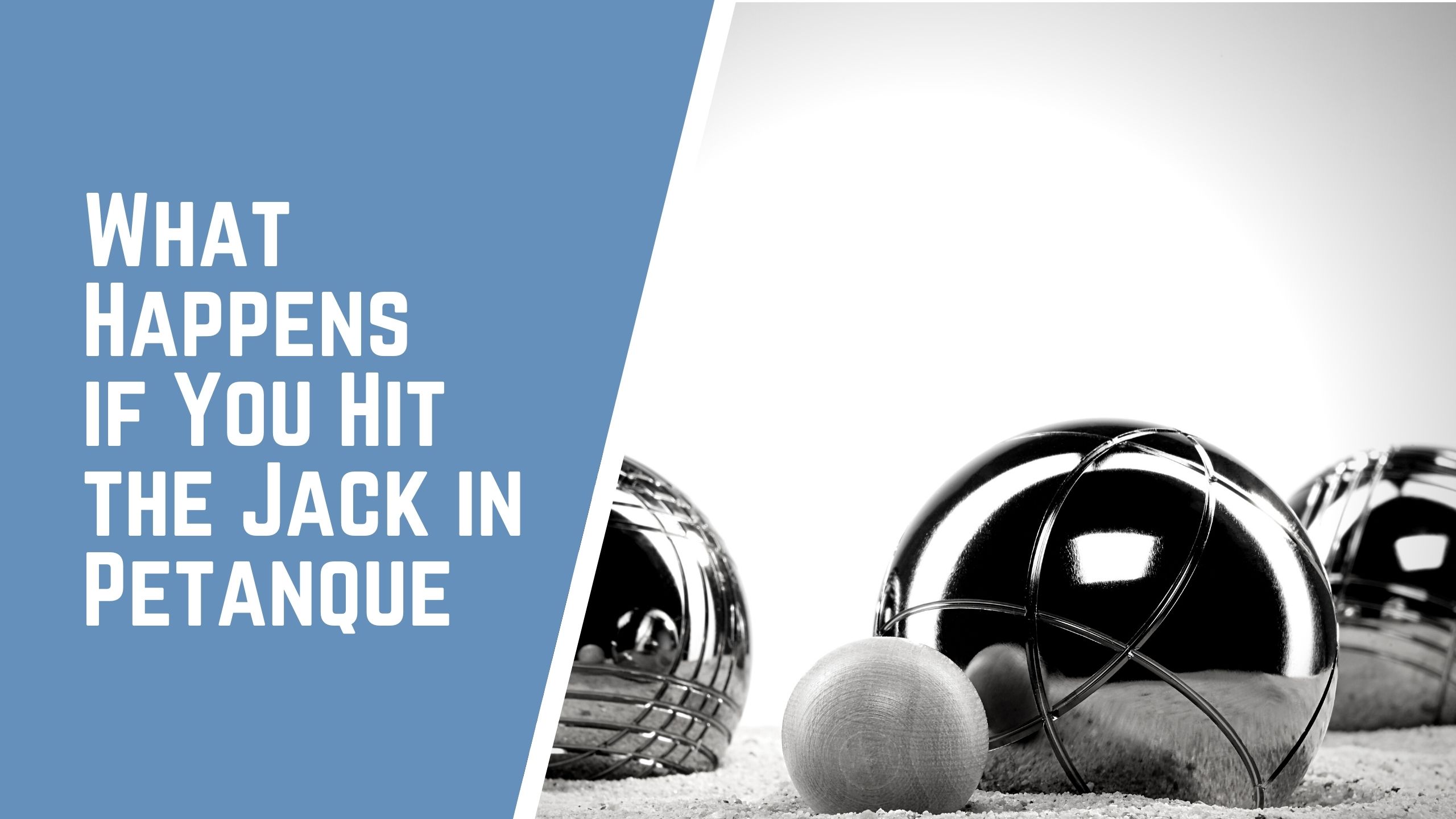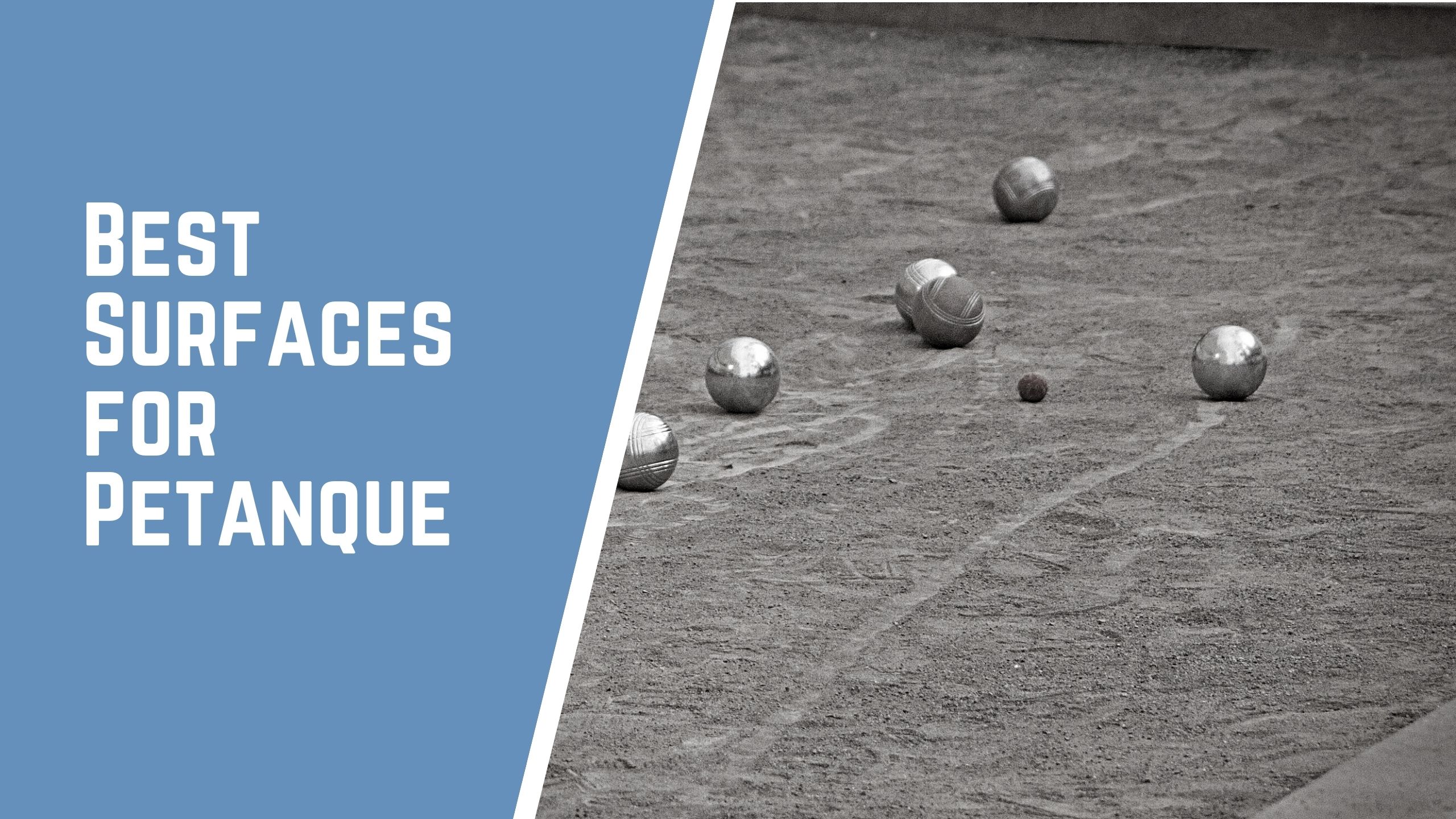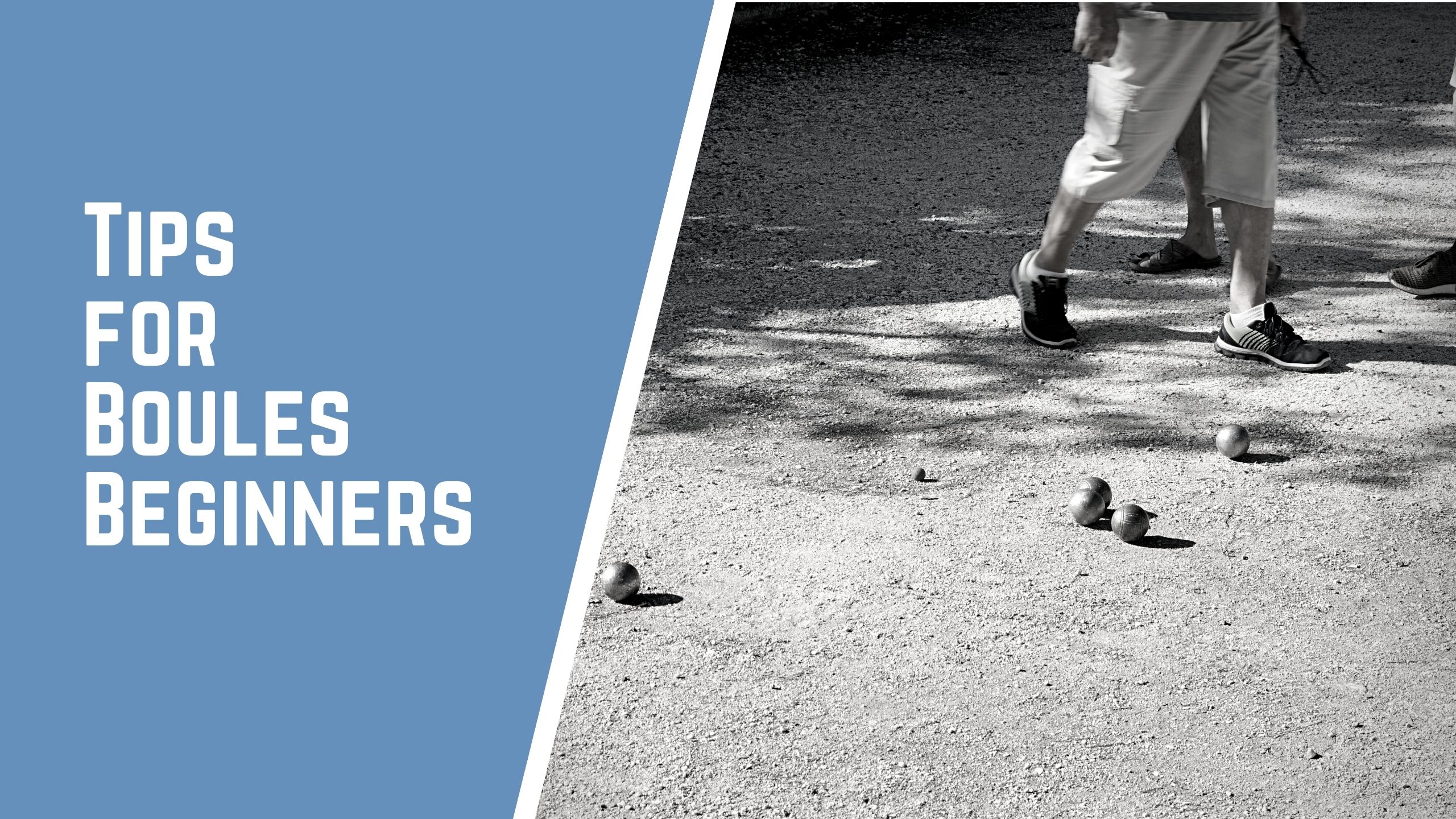Petanque is a game enjoyed the world over largely because of how little it takes to get started. Players of all skill sets and experience levels can get started by having a boule set of their own. But choosing that boule set can be a lot easier said than done.
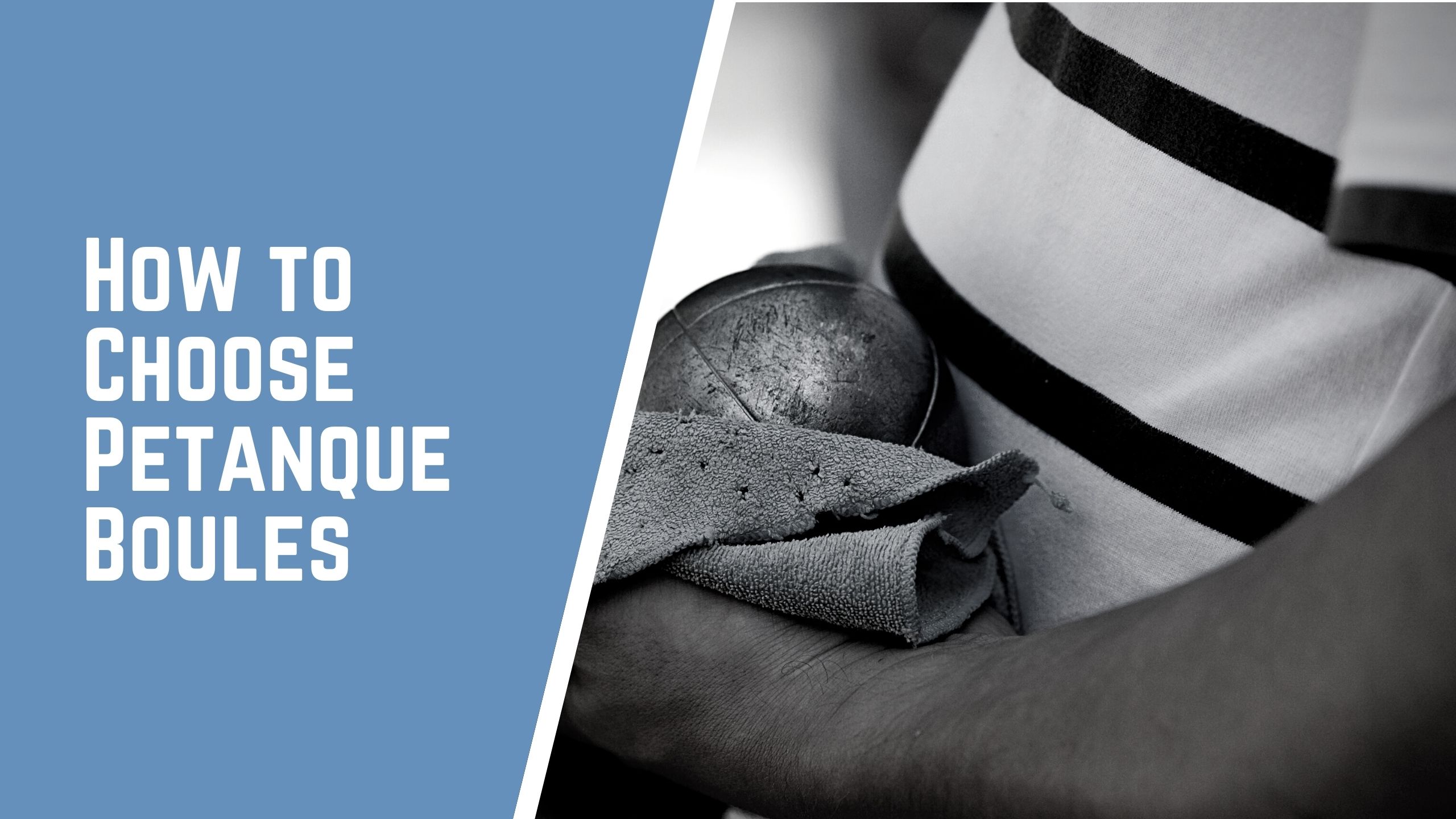
If you are in the market for a set of petanque boules, this is the guide for you. We will look at size, which metal is right, what hardness, and even determine which boule is best based on the type of player that you are.
Which Type of Player Are You?
Before determining which is the best petanque boule for you, it helps to know what kind of player you are. There are three types of balls that depend on which kind of player you are.
The Pointer
There is the pointer, who typically plays with a smaller ball that ranges in the 71-74mm area. The goal here is better control, which often comes with a harder material for better longevity as well as striations in order to facilitate better stoppage on difficult ground.
The Medium
The medium is a more general purpose ball. These have diameters that are not only slightly bigger but also slightly heavier than the point. They have little striation and a semi-tender surface, best for players that are more versatile and perhaps less skilled in a specific area of the game.
The Gunner
Shooters use balls that are much larger, though lighter on the whole. They want to limit the amount of rebound that they see as well as increase the support to the squares. They are also smoother in order to avoid “hanging the ball” in your hand when at the release point.
Choosing a Diameter
In order to find out which diameter is most appropriate for you, you need a rule and measure the distance between the end of the thumb and the central point of the opening of your hand. Essentially, it is measuring the hand that will do the holding.
Generally, the range will be anywhere from 71-80mm, though that can change depending on the person. Sizes can also depend on preference. Though a player has larger hands, for instance, they may prefer something a little smaller to increase grip and accuracy.
Choosing a Metal and Hardness
Generally speaking, there are steel and stainless-steel balls. That said, there are more options like bronze or even plastic to choose from for recreational players. Here is how the different metals stack up.
Steel
Steel is quite hard, but it should not be exposed to moisture for long. This can lead to rust in the worst case but can also lead to slipping if you have sweaty hands. Keeping a rag with you should be able to mitigate the moisture issue you may be facing.
Stainless-Steel
Stainless-steel is one of the most common metals used for boules. They are especially common in competitive level boules. They can be hard or tender and they require a lot less maintenance between steel and stainless-steel. They are immune to rusting, which is important, and are quite easy to get a good grip on. Optimal for better control and accuracy when shooting and pointing.
Bronze
Bronze boules are much rarer, and you won’t see them on average, especially as an amateur. These are a special alloy that is a bit more tender, better for harder surfaces. Keep in mind that the more tender the ball is, the more that it risks marking the surface.
Finally, there is the matter of hardness. Hard balls are used by pointers since they are generally agreeable with most surfaces, and they have great longevity to them. Gunners, on the other hand, prefer tender balls. This is because they rebound far less often, especially on harder surfaces.
Personalization
There is also the option to personalize your boules by having your initials or name engraved on it. This has no impact on the way that the boule performs; it can just be a great way to separate your boules from others.
There is also the stylistic aspect of having personalized boules. There is nothing like getting an aesthetic advantage on the competition by having boules that are clearly yours and different from everyone else.
Conclusion
As you can see, there is a lot that goes into choosing the right petanque boule. Amateurs can get away with fewer specifications as it takes time to learn the game and there is less importance in the boule used.
But as you gain more experience and knowledge, finding a boule that you like becomes of the utmost importance. Each player has their own specifications and style, so it will take time and experimenting with different boules to find out which one suits you best.
Get The Complete Lawn Bowls Drill Pack
The Jack High Bowls Drill Pack is available now for instant download.
Perfect for beginners and improving players looking to be more consistent and win more games!
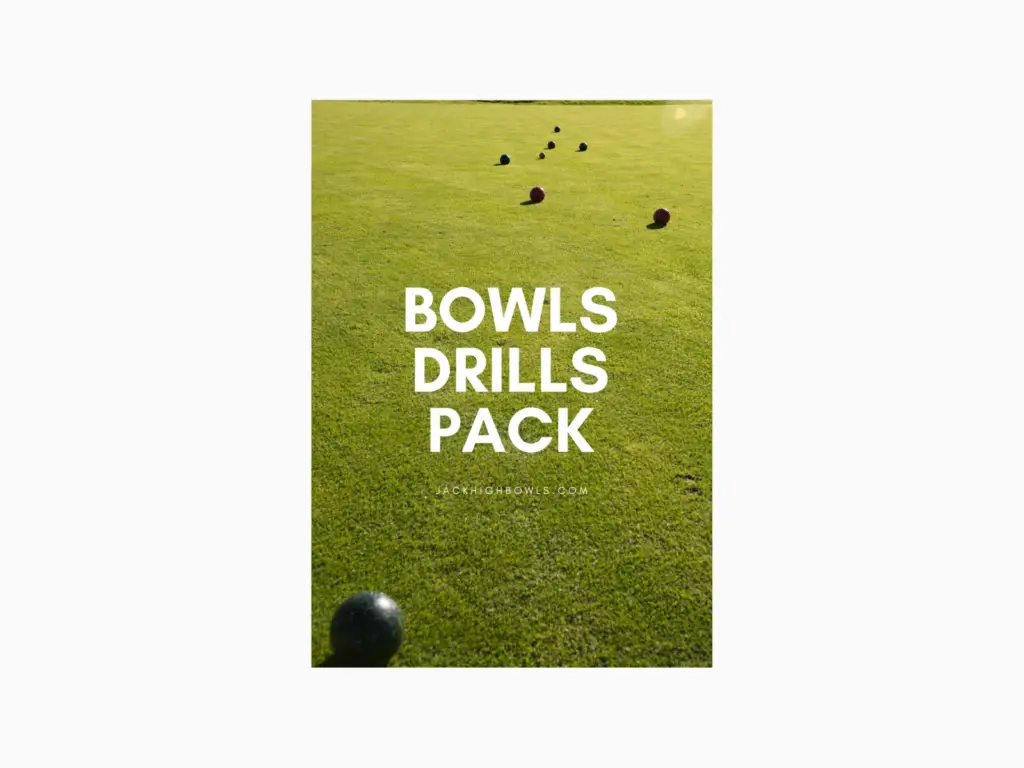
Get The Complete Lawn Bowls Drill Pack
The Jack High Bowls Drill Pack is available now for instant download.
Perfect for beginners and improving players looking to be more consistent and win more games!






